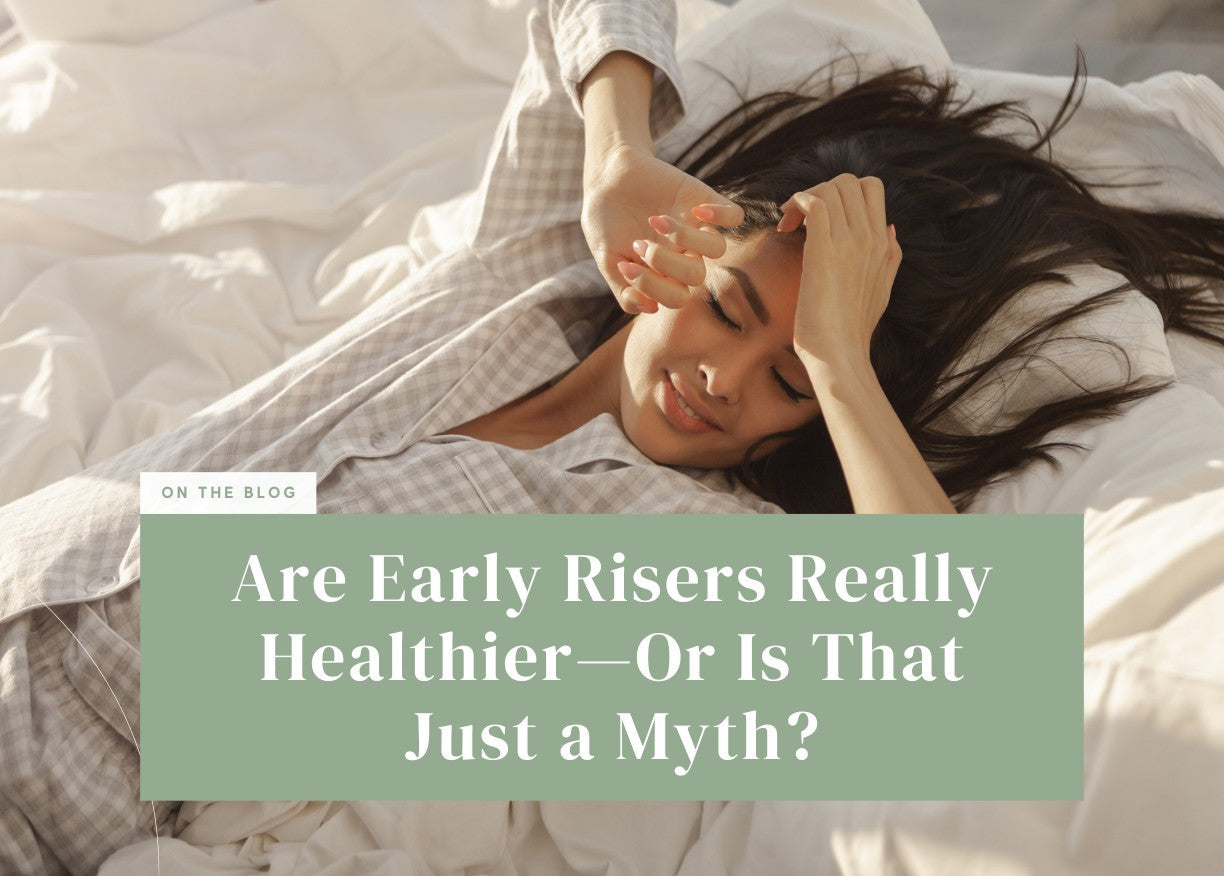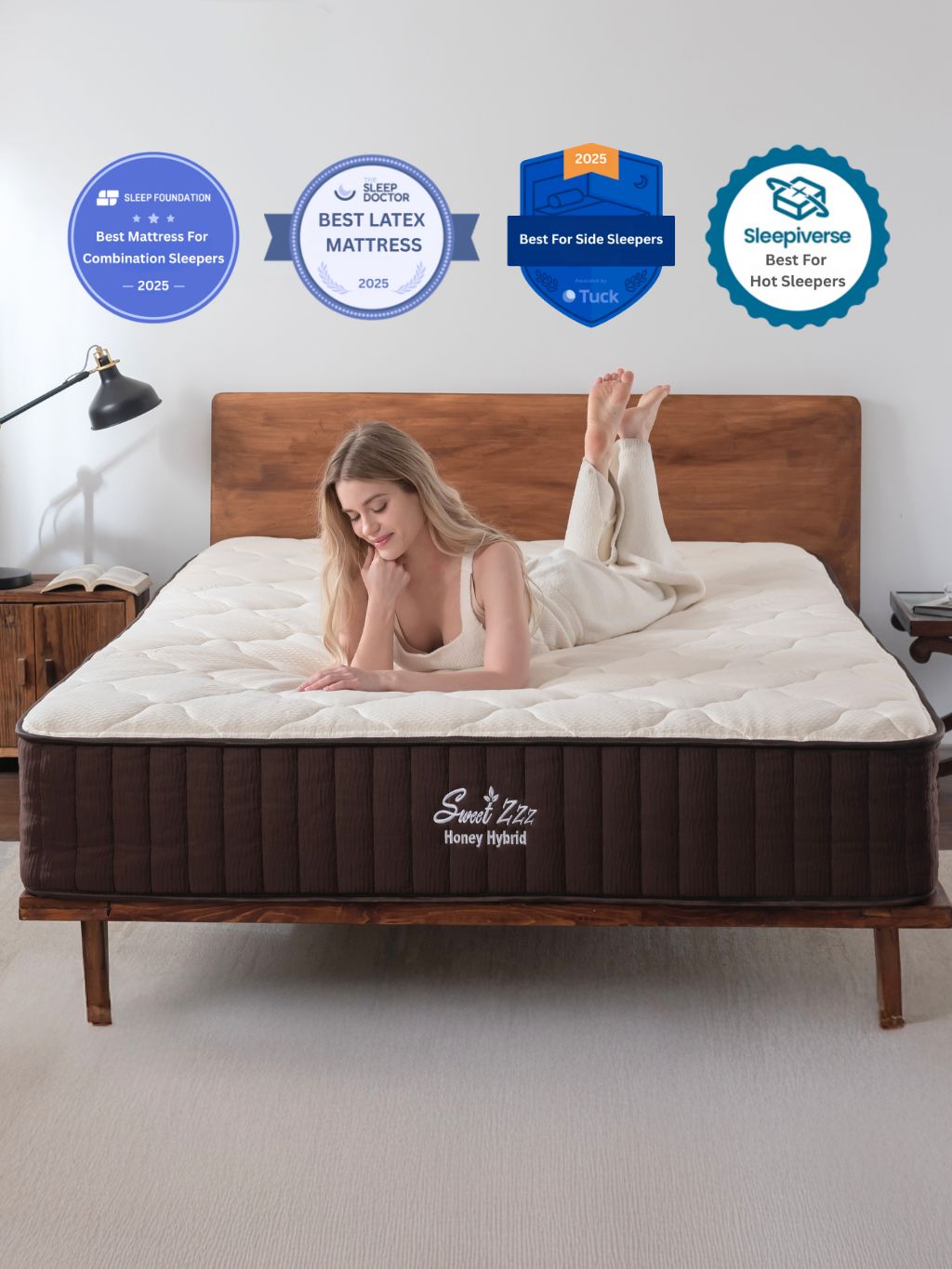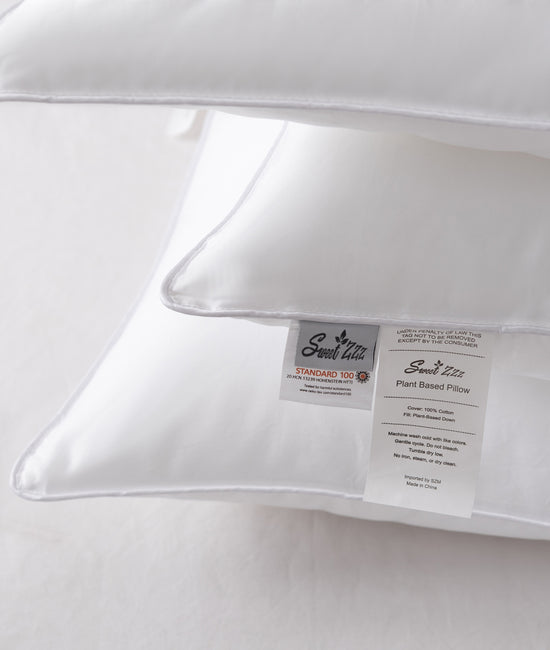Are Early Risers Really Healthier—Or Is That Just a Myth?
We’ve all heard it:
"Early to bed, early to rise makes a person healthy, wealthy, and wise."
It sounds good. Productive. Noble.
But is waking up at dawn actually better for your health and sleep—or just a leftover idea from old routines and rigid schedules?
Let’s explore what science (and real sleep data) says about early risers—and whether you should set that alarm for sunrise or let your natural rhythm lead the way.
The Case for Early Risers: Why Morning People Seem to Have It Together

Research consistently shows that people who identify as morning types—those who go to bed early and wake up early—often report:
-
Better sleep quality
-
Lower rates of depression and anxiety
-
Improved cognitive performance in the early part of the day
-
More consistent routines, which promote stronger circadian rhythms
One study from the University of Exeter even found that early risers had a lower risk of major depression compared to night owls.
(Source: University of Exeter Study)
But before you buy blackout curtains and start setting 5 a.m. alarms… there’s more to the story.
Chronotype: Your Body Has Its Own Clock

We’re not all wired to rise with the sun.
Each of us has a natural chronotype—a built-in preference for when we feel most awake and most tired.
The four most common:
-
Lions: Early risers with energy in the morning
-
Bears: Follow the sun’s rhythm (most people fall here)
-
Wolves: Night owls who peak in the evening
-
Dolphins: Light sleepers with irregular rhythms
Forcing yourself into a chronotype that doesn’t match your biology can lead to poor sleep, grogginess, and even burnout.
So waking up at dawn doesn’t automatically make you healthier—sleeping in sync with your chronotype does.
The Key: Consistency, Not Just Timing
What matters most isn’t when you wake up.
It’s how consistent your sleep-wake times are.
✅ People who wake and sleep at the same time every day—regardless of whether they’re early or late risers—tend to have:
-
Stronger melatonin cycles
-
Better mood regulation
-
Deeper, more restorative sleep
It’s the rhythm that counts, not the hour on the clock.
But What If You Want to Shift Your Schedule?
If you’re a night owl trying to become more of a morning person (for work, family, or lifestyle reasons), here are a few tips:

-
Get sunlight exposure within 30 minutes of waking
-
Go to bed 15 minutes earlier every 2–3 nights
-
Avoid caffeine and screens after 2 p.m.
-
Create a wind-down routine that starts an hour before bed
🌿 And make sure your sleep environment is doing its job:
The Honey Hybrid Organic Mattress from Sweet Zzz adapts to your body’s natural rhythm, reducing restlessness and helping you fall asleep faster—whether you’re a lion or a wolf.
Add our bamboo sheets and plant-based pillow to keep your body cool, aligned, and ready for deep sleep on your schedule.
Final Thoughts: Early Rising Isn’t a Badge of Honor—Sleep Quality Is
You don’t need to wake up at 5 a.m. to be healthy, focused, or successful.
The real win? Learning your natural rhythm and working with it—not against it.
Sleep isn’t about discipline. It’s about harmony.







